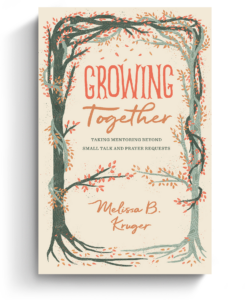
How the Loss of Historical Consciousness Erodes Church Doctrine
The church has always existed within cultural contexts, balancing gospel truth with contemporary relevance. Today's Western societies, however, show increasing disconnection from historical understanding, creating what can be termed an "Ahistoric Age."
Five key characteristics define this Ahistoric Age:
- Viewing history primarily as a source of shame and oppression
- Disconnection from historical communities
- Growing historical ignorance
- Rejection of historical narrative or purpose
- Inability to process ethical complexities of historical figures and events
Within churches, ahistoricism manifests through three main attitudes:
- Irrelevance: Dismissing historical practices as outdated
- Ignorance: Lack of knowledge about Christian history and traditions
- Ideology: Applying modern frameworks to judge historical contexts
These attitudes contribute to doctrinal drift, where historic Christian teachings are reinterpreted or discarded. This differs from legitimate theological development, as seen in examples like Martin Luther's reforms or Christian opposition to slavery, which built upon rather than rejected historical understanding.
The Apostles' Creed and Nicene Creed represent important theological boundaries developed through careful biblical interpretation and historical consensus. While Scripture remains the ultimate authority, historical theological understanding provides valuable context for doctrinal interpretation.
Churches should be wary of dismissing centuries of theological teaching as irrelevant. Historical grounding helps prevent doctrinal changes driven purely by cultural pressures rather than biblical truth.

Book cover: Growing Together
When examining doctrinal changes, we must consider both biblical authority and historical context, avoiding the ahistoric tendency to dismiss past teaching as merely "outdated dogma." Understanding our theological heritage helps maintain doctrinal integrity while engaging contemporary culture.
Related Articles
Saul's Journey: From Persecutor to Follower of Christ

